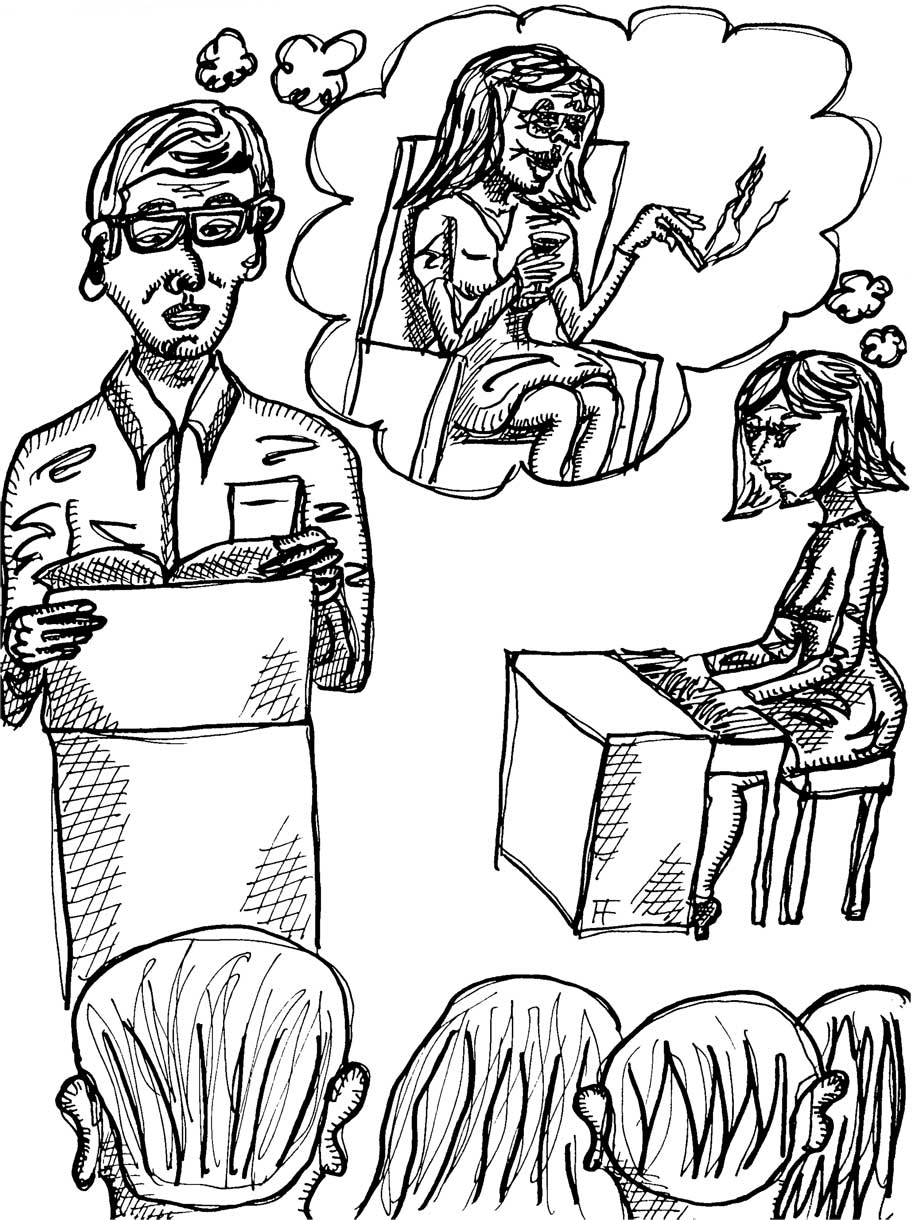
Eulogy For The Spirit
Paula Patronski was a woman with a mighty spirit, she had a bawdy wild laugh, she was very sharp, both in mind and tongue, extremely frugal with the purse strings, a good saver and investor, a savvy business woman before it was in vogue for women to be so. Her husband had passed years before. She was living alone in a neighborhood that was primarily black. She was white, Polish, and in her 80's.
We'd met through her son, I ended up renting a small apartment from her, built as a separate unit at the front of her house. I lived there for ten years. I got to know her very well and we had many ups and downs. In exchange for incredibly low rent, I took her shopping, to the doctor, vacuumed her house, and would visit her in the evenings for an hour or so. She was a good solid person but her personality could overpower you. The others who'd rented the apartment, hadn't stayed long and Paula eventually gave up trying to rent it, until her son suggested me. I stayed, it suited my needs and ambitions, and I knew in order to survive her I could not let her know all of me. I had to keep something of myself for myself. She sensed this and it bothered her. Never-the-less, we lasted a long run together.
Eventually I moved to another apartment, one closer to my day job. Paula's last years were with her son in his home. She had cancer and wasn't expected to live long. She passed a few months later. The funeral home which held her service was just across the street from the son's house. He asked me to read the eulogy he was writing. I came on the appointed day and time of the funeral. Paula's body was in a casket, dressed nice. Many of her son's friends and co-workers were there. I asked him about the eulogy, since I had not yet looked at it. He said he was rewriting a part and would give it to me in a moment. I saw all the people assembled there and began mentally preparing myself to read in front of them, but I still hadn't seen the eulogy. I went and inquired again, he said in just a minute it would be ready.
The proceedings looked like they were about to begin, still no eulogy. Then he came over and handed me a piece of paper: the eulogy. I sat down and started to read it over, I read the first two sentences, when he said, “We're ready to begin. You need to go up to the podium now and give her eulogy.” I was about to say, but I haven't read it yet, when I noticed all these people sitting there looking at me, expecting the eulogy. There was a young woman on piano waiting to accompany my reading, with a favorite song of Paula's and her son. I got up and walked to the podium. I looked out at all those people, many of whom I knew from work, many I didn't, the piano started to play, I looked down at the eulogy and began to read.
Something happens to us on special occasions that transcends the usual, the unknown adds a risk element, if faced with determination, honesty, and true depth of feeling we live fully in those moments. It can happen to a musician, an actor, a writer, a painter at the canvas, a balance point is hit and it holds. What pours forth is a truth that can only happen once and perhaps that is enough. That one time. To be in control and yet on the edge of losing control at the same time. Raw, uninhibited expression. I knew not where I was going, but I was going there. Paula's spirit was imbued in this heartfelt composition. There was such drama, such love and sadness, the son's most precious words to say about his mother. My God those words affected me and all those in the room. Having only read it once, I can only remember a small amount of what it said. The main theme was: the son didn't want his mother to go before he did. To leave this world before him. The song played on the piano had lyrics, some of these lyrics were in the eulogy. They said don't go on before I, that the loss of his beloved mother would be more than he could bare and would feel forlorn and abandoned. He wanted to leave this world first rather than feel the loss of her leaving. When I read these words, these lyrics, I could feel the emotion come up from some deep well inside me.
Afterward, there was quiet. I knew something had happened, something we all experienced together in that room: the spirit of love for our loved ones, that crushing sorrowful loss and the thousands of unanswered questions about our parents, our memories of them now that they have gone on and we are alone.
Then more people came up, spoke words of remembrance for the deceased. Afterward, I stood outside a side exit of the funeral home, one of my supervisors fixed me with an intense stare and said “That was very good.” It was strange how he said it. Like the eulogy had bothered him, but at the same time he respected the emotion it generated. It could probably never happen again: never in that way, never again so simple, so direct from the heart, but that one time was all we needed.